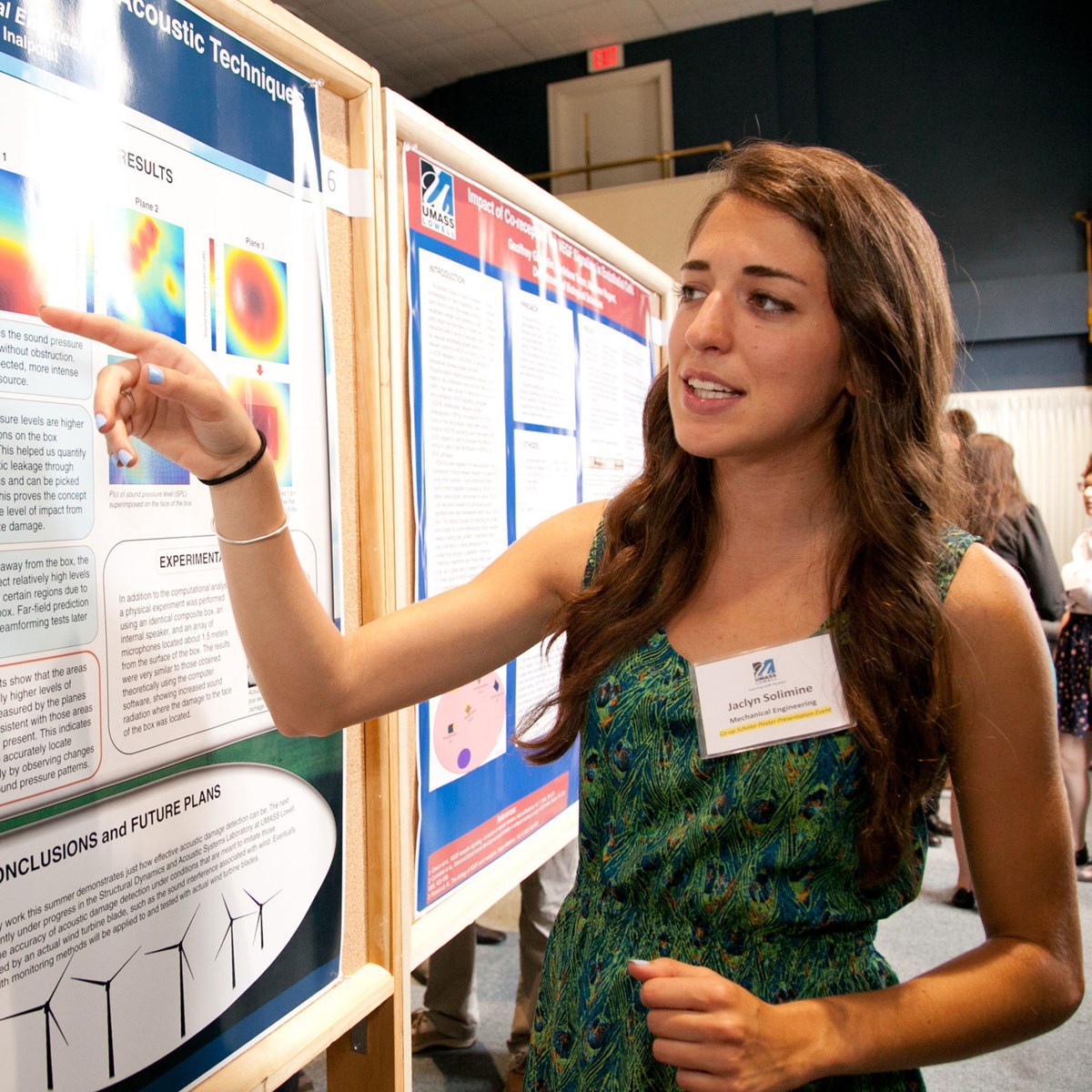
MS - Mechanical Engineering
This programs offer a choice of either a thesis track or a non-thesis track. To receive the MSE degree requires a minimum of 30 credit hours of acceptable graduate work, including nine credit hours of research for the thesis track.

MS - Industrial Engineering
This programs offer a choice of either a thesis track or a non-thesis track. The master's degree requires a minimum of 30 credit hours of acceptable graduate work, including nine credit hours of research for the thesis option or nine credit hours in an acceptable out-of-department minor for the non-thesis option.

MS - Energy Engineering
The university offers a master of science degree in energy engineering. This unique area of concentration represents a separate multidisciplinary program that is administered jointly by the Mechanical & Industrial Engineering Department and the Chemical and Nuclear Engineering Department. The energy engineering program has two M.S. degree options: renewable engineering and nuclear engineering.

Graduate Certificates
These courses are geared toward either recent bachelor's degree graduates or professionals who want to explore an engineering specialty without making the commitment of a full-fledged graduate program.

Bachelor's to Master's
The Mechanical & Industrial Engineering Department offers a combined B.S.E./M.S.E. program that is available to juniors or seniors with a grade point average of 3.000 or better. Students normally apply to transition in the second semester of their third year as an undergraduate but can do so up until the last day of classes in their final semester before graduation.
